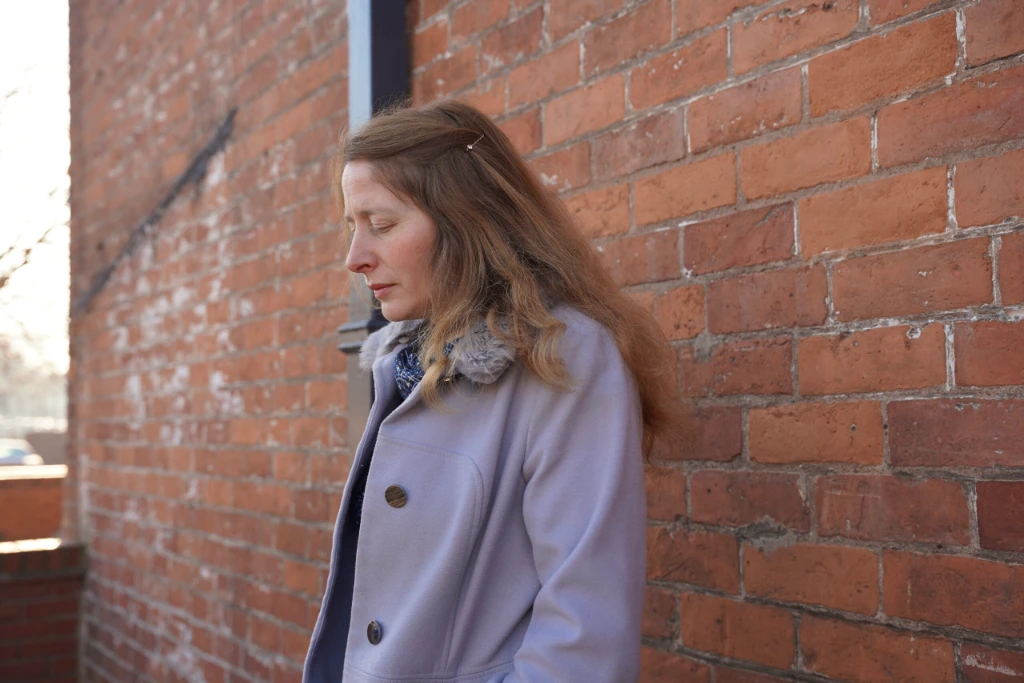In a society that prides itself on upholding civil liberties and freedom of expression, it is disheartening to witness the erosion of these fundamental values. The recent criminal charges brought against Isabel Vaughan-Spruce, co-director of the U.K. March for Life, for engaging in silent prayer highlights the dangers of curtailing individual rights in the name of political correctness. This article aims to critically assess the ramifications of such a decision, emphasizing the importance of protecting religious liberty and freedom of conscience.
The Threat to Freedom of Religion
The criminal charges against Isabel Vaughan-Spruce undoubtedly raise concerns about the restriction of religious freedom. Prayer, as a vital component of religious worship and expression, has long been recognized under international and national law as a protected right. It is deeply troubling that exercising one’s religious beliefs can now lead to criminal charges in a supposedly tolerant and pluralistic society.
The Power of Silent Prayer
Prayer, in its various forms, has been an essential aspect of Christian practice for centuries. Silent prayer, in particular, is a deeply personal and contemplative act that allows individuals to connect with their faith on an intimate level. Charging someone for praying silently is not only an affront to the individual’s constitutional rights but also an attack on a deeply significant spiritual practice. It sets a dangerous precedent that undermines the sanctity of religious expression.
Selective Application of the Law
The criminal charges against Isabel Vaughan-Spruce raise questions about the selective application of the law. If silent prayer is now deemed unlawful, why are other forms of silent contemplation or meditation not subjected to the same scrutiny? Singling out prayer for punishment suggests a bias against religious individuals and an infringement on their rights to freely practice their faith. It is vital to challenge such double standards and protect the rights of all citizens, regardless of their religious beliefs.
The Importance of Civil Discourse
A cornerstone of democracy is the ability to engage in open dialogue and express diverse opinions peacefully. By criminalizing silent prayer, the authorities send a chilling message to society, discouraging free expression and authentic engagement. Instead of fostering an environment of healthy debate and respectful discourse, this decision fosters fear, suppression, and the erosion of democratic values. It is imperative that we reject such attempts to stifle differing viewpoints and defend the right to express one’s beliefs.
Preserving a Pluralistic Society
A thriving pluralistic society recognizes and respects the inherent worth and dignity of every individual, regardless of their beliefs. By criminalizing silent prayer, we veer away from this ideal, instead embracing a society that suppresses and marginalizes those with religious convictions. It is essential that we safeguard the rights of religious marginalized groups, allowing them the freedom to peacefully practice their faith and contribute meaningfully to public discourse.
Justice For Isabel Vaughan-Spruce
The criminal charges against Isabel Vaughan-Spruce for quietly engaging in prayer demonstrate a dangerous encroachment on religious freedom and individual rights. Upholding the principles of democracy requires protecting the rights of all citizens, including the right to practice one’s religion without fear of criminal prosecution. To foster an inclusive and pluralistic society, we must reject such attempts to curtail freedom of expression and instead cherish the values that have been the bedrock of our democratic society.
